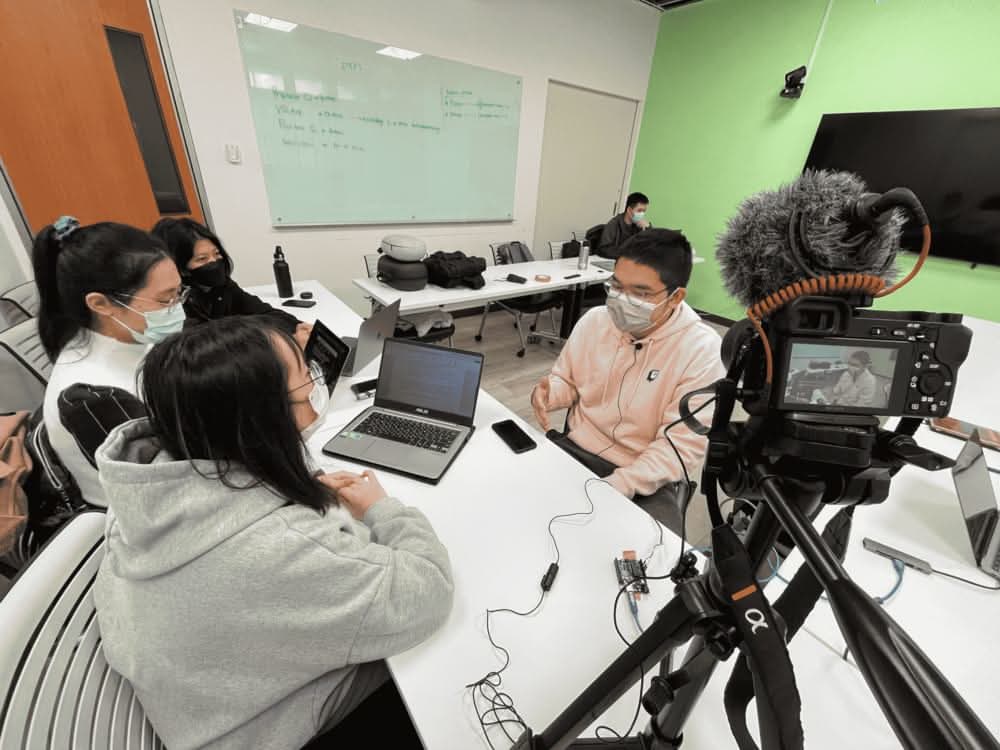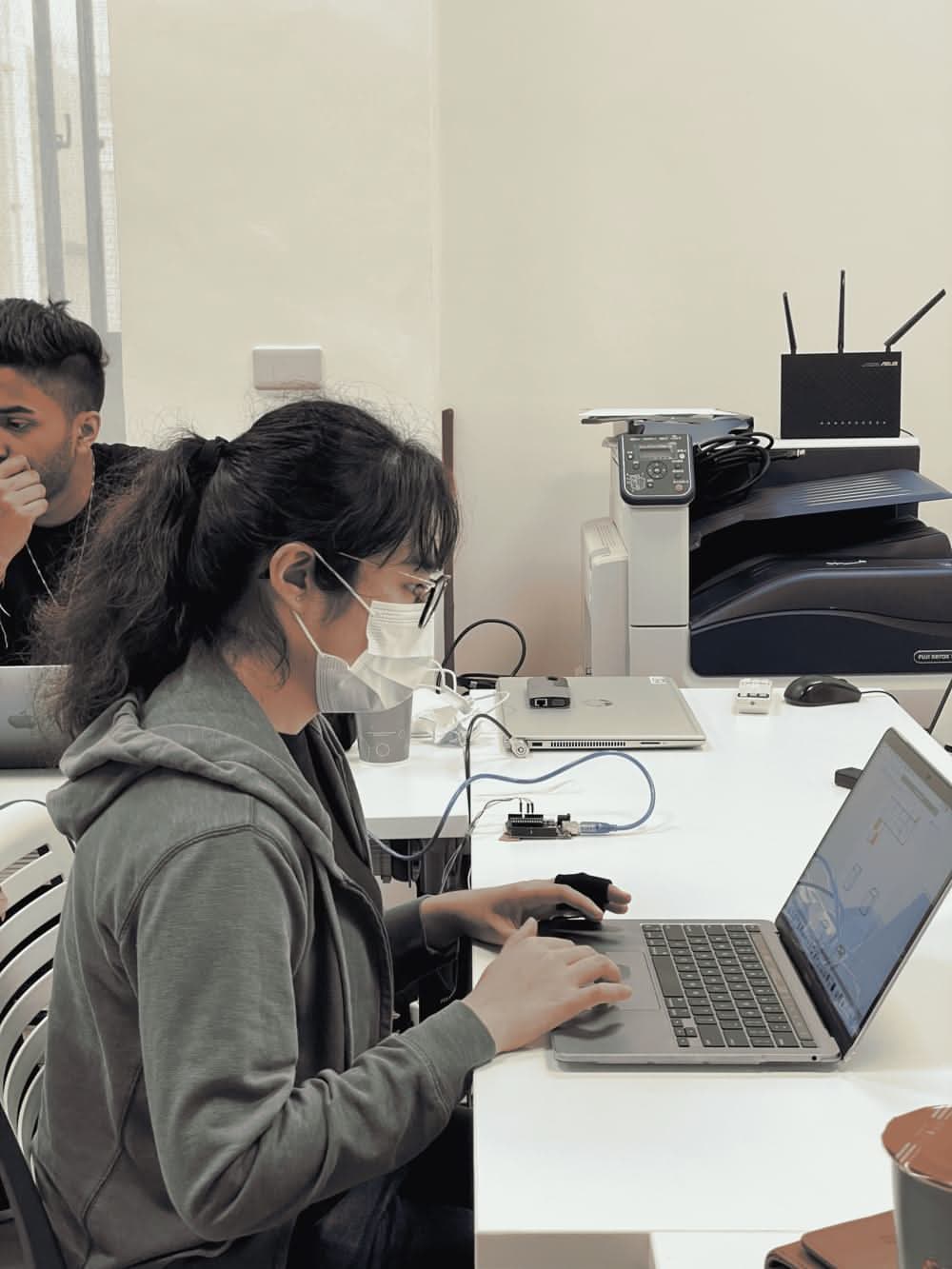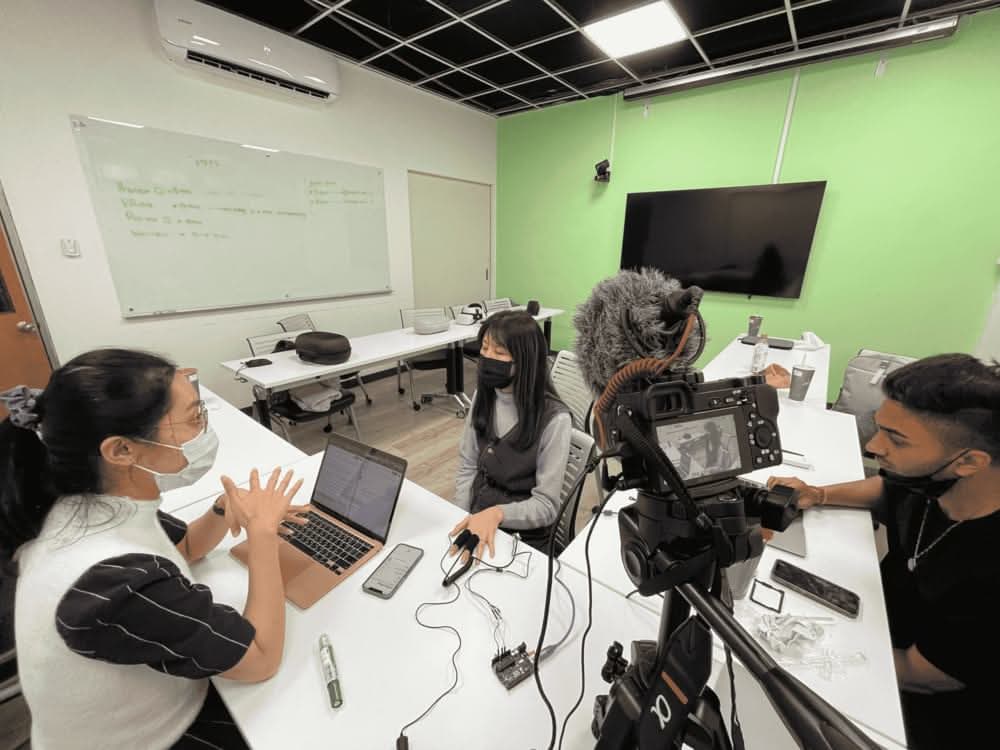Enhancing Spatial-Reasoning Perception Using Virtual Reality Immersive Experience
Project information
- Category: VR, IxD
- Project URL: Published Paper
This research explores the use of virtual reality (VR) in enhancing spatial reasoning skills, particularly in educational settings focused on science, technology, engineering, arts, and mathematics (STEAM). It aims to understand how VR can improve learners' mental rotation and spatial visualization abilities. The study employs a two-phase comparison experiment: the first phase involves participants using traditional hand drawing techniques before transitioning to the VR environment with the "Gravity Sketch" application, followed by assessments using the Motivated Strategies for Learning Questionnaire (MSLQ) and the Immersive Tendency Questionnaire (ITQ). In the second phase, participants repeat the drawing session and undergo interviews for deeper insights, with galvanic skin response (GSR) devices used to track physiological responses. Findings indicate that VR enhances the learning experience and perception of spatial reasoning, though limitations such as a small sample size and complexity levels are noted for future research.


